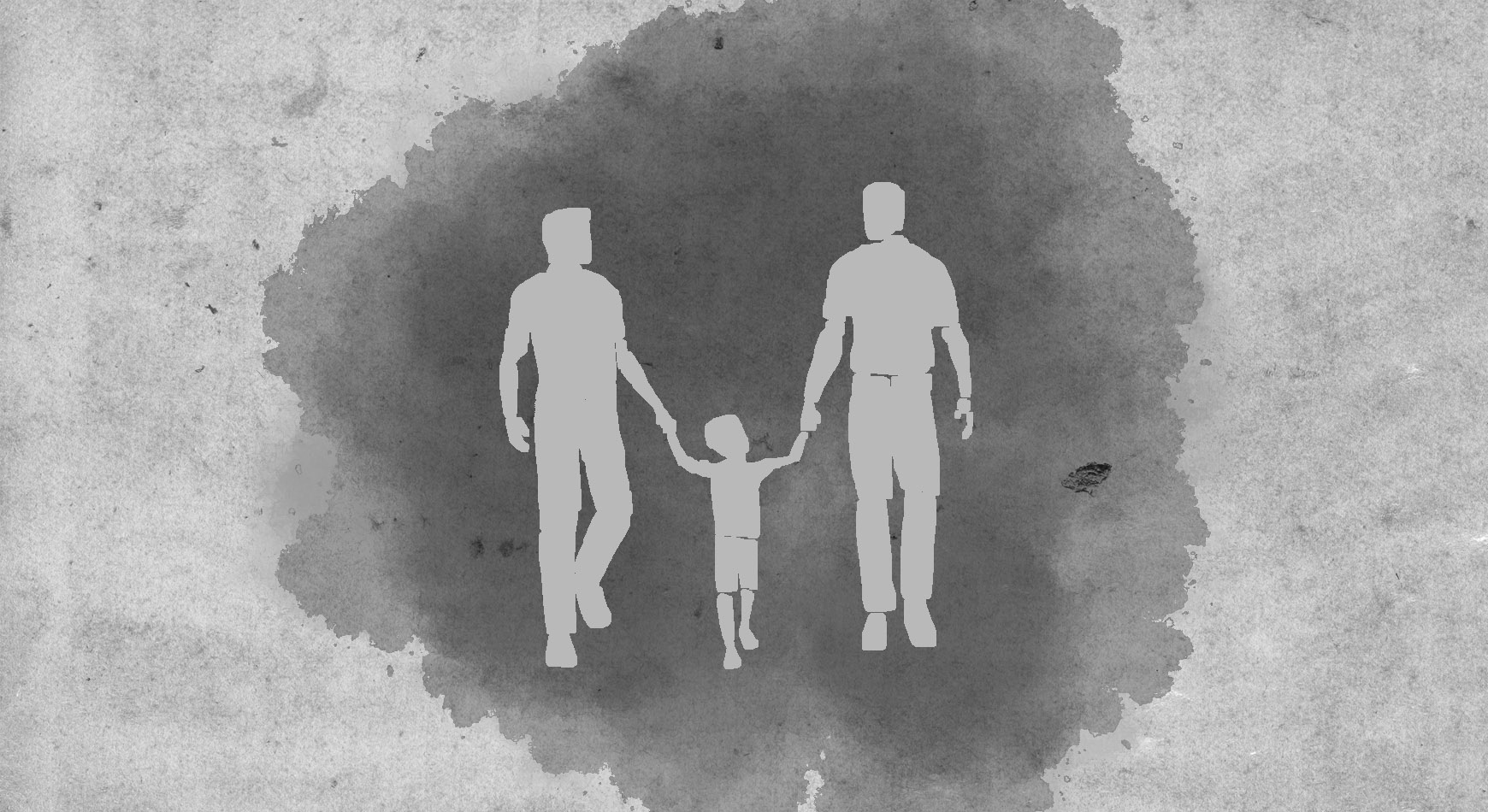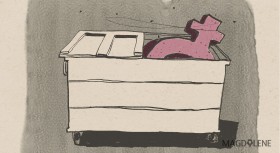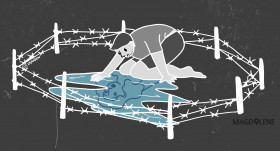One question I frequently get asked by people who just discovered or even have known for a long time that I am a father is how hard it is to raise a child when the parents are of the same sex.
My reply has been standard, and the same over the years. It is one that is honest and straightforward. “Biasa biasa aja tuh…”, which in intelligible speak translates as “nothing out of the ordinary.”
For those who are not in the know, my partner of more than 14 years now and I are the proud parents of a teenage boy. I will not go into the circumstances of how we became a family, but would rather share the journey that we have gone through as a family unit.
Biased as I may be in this matter, I still think that we did not do badly in raising this child. And many of our friends, I know for certain, also share this opinion. Our son is healthy, taller than his peers, and good mannered with a heart at the right place. He has an IQ much higher than those of his parents, and possesses the discipline that for many of his age will only come much later in life.
In the matter of raising a child, I honestly think that there is no fundamental difference whether both parents are of the same sex or not. The process is much the same, one that is about caring for a human being who is entirely dependent on others in the beginning before growing to become an entity of his own, an identity that is undeniably unique.
We had him when he was still a tiny blob that needed to be fed every two hours. A dozen years later he is already almost as tall as we are (we being also taller than the average Indonesian of our age).
For us, the challenges in raising a child, rather, come from the external environment or are indirectly due to it.
The love that we have for the child is just as strong as the love of any parent for his or her offspring. The care we lavish on him is, if not better, on par with those provided by good parents.
Much of the work sharing in parenting also takes place in our family. I am responsible for his education, his discipline and perhaps, hopefully, act as a role model. My partner, on the other hand, has been tirelessly and with endless patience, assuming the role of home care provider, making sure that our boy is well fed and clothed, and learns good hygienic habits among others.
Since early on we have realized that the problem would not be whether we could become good parents for this child, but how well we prepared him to face the external world, a world in which parents of different sex is the norm and anything other is frowned upon.
From early on too, we decided that this child is not ours but someone who had been given in our care until the time he could finally stand on his own. This has translated into our efforts to get him accustomed to, since he was very small, to be aware of, and to understand the term “adoption”. The word has featured a lot in the bedtime stories we told him, whenever we have a new pet in the house, or whenever we do our donations to orphanage.
To get him to understand that he is an individual of his own, we treat him as an equal, rather than a child who knows nothing. As a result, although others may sometimes see him as rather impudent, he will readily debate any point with us. Very few things are dogmatic in our family and we always take pains to explain to him why we did not want him to sleep pass a certain hours, for example, or why he should eat his vegetables.
We also made a point of having him call each of us father, although to prevent confusion in his younger days the word came followed by our respective proper name.
It is with immense pride that one day, when he was almost five, I heard him tell some other children who were taunting him that he had no mother that “I have two fathers and you don’t!
Whenever my partner and I are asked where the mother of the child is, it is a game of adjusting to the one who asked. The answer would vary depending on whether the one asking the question is someone we know well or is just a stranger.
It can be amusing also to see people, at a loss of finding an acceptable solution, automatically assume that we are a three-generation unit – the grandparent, the father and the son. My ego may suffer, but the assumption makes our job easier.
More difficult was the time when he asked where his mother was when he was a little. We lied and told him that she died after giving birth to him. The explanation has stuck and has been repeated by him to those who asked him at school. Even as he grew bigger and wiser, he still gives the same answer whenever the question arises, a move I can only guess as some kind of a self-defense mechanism.
The gist of it is that just as with being gay, the way people relate and interact with you depends entirely on how you conduct yourself. We never trumpet the fact that we are parents, or a family unit for that matter. We always make our best to conform to prevailing norms – there is no public display of affection. To avoid confusion, only one parent deals with the school, or any other formal function.
In our own neighborhood, although there is no doubt that everyone knows the true state of affairs, we interact normally with our neighbors and assume the responsibility of living in a neighborhood, such as taking part in meetings called by our lurah (village chief) and the neighborhood units chiefs, and contributing to fund collections.
For whatever prejudice they may have against homosexuality, they clearly can see how well we care for our child. And as a result, we have never encountered discrimination or hostility in our own neighborhood.







Comments